When it comes to dental care, there are many options available at Dentist in Mumbai. Some of these may be more affordable or less invasive than others; however, one option that stands out from the rest is dental implants. These fixtures are fast becoming the go-to for individuals who have suffered the loss of their natural teeth. They support a bridge, partial denture, or another type of restoration procedure. Read on to learn more about their benefits, potential drawbacks, and how they can be used to treat you.
What is a Dental Implant?
It is a prosthetic device that is surgically implanted into the jawbone to support a dental restoration placed at Dental Clinics in Mumbai. These devices are generally made of titanium, and are one of the most popular and effective options for replacing missing teeth.
Types: Endosteal and Subperiosteal. Endosteal are placed in the jawbone’s core and are typically used in patients who have healthy bone tissue. Subperiosteal are placed on the jawbone’s surface and are typically used in individuals with thin or damaged bone tissue.
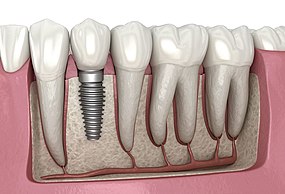
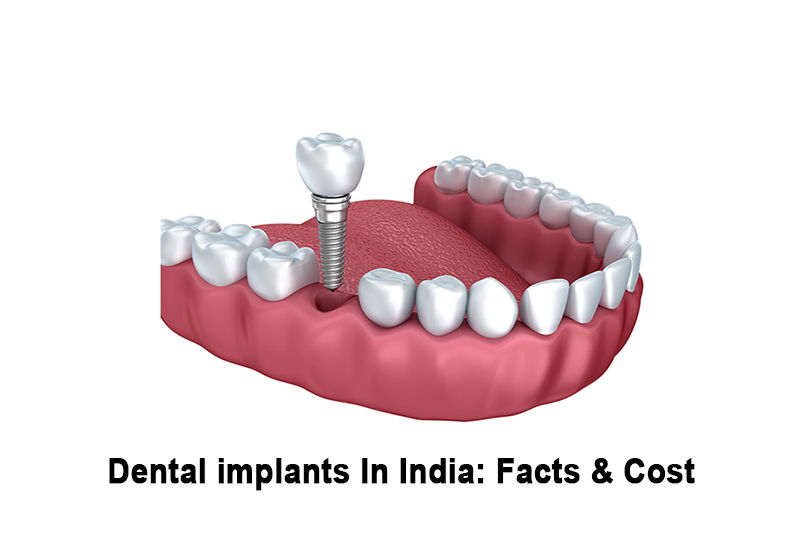
Why consider Dental Implants in Mumbai?
Dentist in Mumbai have become increasingly popular among patients who have experienced the loss of one or more teeth. This is largely because they offer multiple benefits, including:
Long-lasting results: Implants to last a lifetime. In fact, studies show that the majority of these still remain in place after 15-20 years, with some last as long as 30 years.
Natural look: Because implants cemented into the jawbone, they’re able to blend in with natural teeth and surrounding tissue, a natural-looking smile.
Fewer adjustments: When compared to other tooth restoration methods, screws require less adjustment and maintenance procedures. This makes them more convenient and less expensive than other options, dentures.
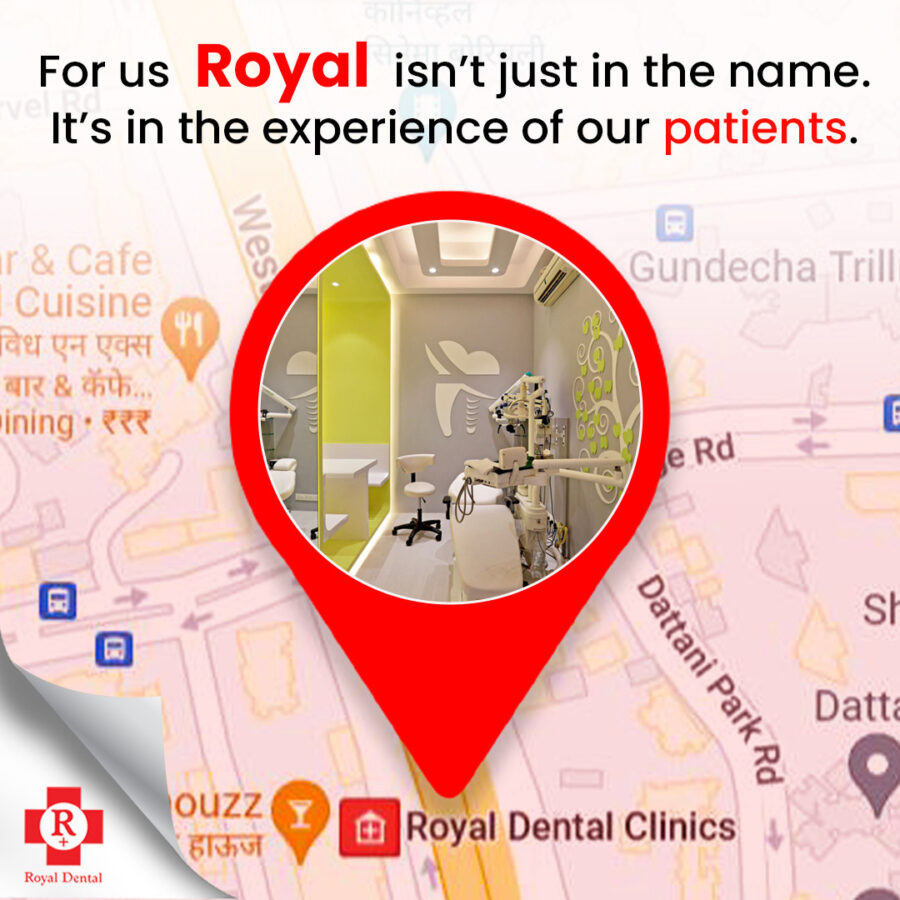
Types of Dental Implants in Mumbai
Endosteal: This type of dental implants commonly used in patients with healthy bone tissue. They placed internally in the jawbone core and connected to a surgically-attached titanium post with a screw, or an internal screw.
Mini: These are a smaller version of standard dental implants and are typically used in patients with limited bone volume. They from smaller titanium posts that are attached to a titanium mini screw.
Subperiosteal: This type of dental implant on the surface of the jawbone and used in patients with thin or damaged bone tissue. These implants to a titanium bar that is then into the jawbone.
Side effects explained by Dentist in Mumbai
While dental implants are generally safe and effective, they do come with some potential side effects. Patients may experience some discomfort or pain during the procedure, as well as some soreness afterward. Some patients may also experience swelling or bleeding at the implant site.
Implants not recommended for patients with a compromised immune system, as this can increase the risk of infection. Patients with allergies to titanium or other materials used to make dental implants should also avoid dental implants.

Conclusion
Dental screws have become the go-to for individuals who have experienced the loss of one or more teeth. This is largely because they offer multiple benefits, including long-lasting results, a natural look, and minimal pain. They come in two different varieties, including endosteal and subperiosteal, and can cost anywhere from $3,000 to $25,000.
Suggested Article –
Pros and Cons of Full Mouth Implants
Difference between Crowns and Implants?
Follow Us For More Updates

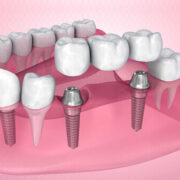
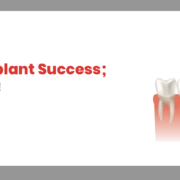



very good to use the royal dental clinic it is best